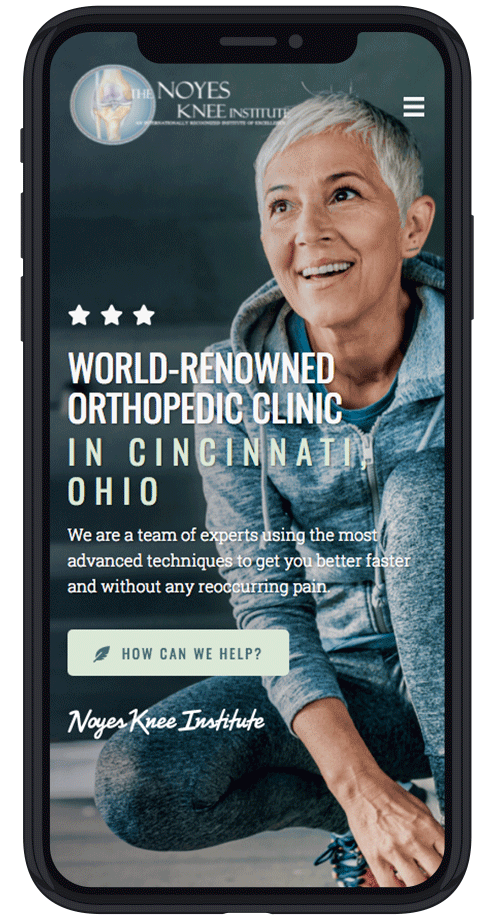Published On
Category
Are you suffering from knee pain? If you are, it is vital to seek prompt medical diagnosis and treatment. Some cases will resolve using medications and physical therapy, while others require a knee surgeon to perform specific operations.
Knee pain can be localized in one region or spread through a larger area. Causes of knee pain also vary from disease complications to injuries. The best care for knee pain requires involving an experienced orthopedic surgeon or visiting a knee clinic.
4 Knee Pain Care Options from a Knee Surgeon
There are various care options for knee pain patients. Treatment options target the underlying cause, so a diagnosis is vital. During the initial visit, your orthopedic doctor will conduct various tests, including inspecting the area for pain points, swelling, and bruising.
The diagnosis may also involve an x-ray, CT scan, ultrasound, or MRI. Lab tests may also be necessary if the surgeon thinks there’s an infection. Here are four ways to care for knee pain, according to orthopedic surgeons.
1. Use Prescribed Medication
Once the test results are out, the practitioner will prescribe various medications. Some medications target the underlying cause, while others relieve the pain and symptoms, such as swelling.
If the pain directly results from gout or rheumatoid arthritis, your orthopedic doctor will treat the condition through medications and other treatment options. Make sure you stick to prescribed drugs only.
2. Consider Physical Therapy
Some issues can affect the muscles, tissues, and ligaments around your knee, limiting free motion. Orthopedic surgeons may suggest physical therapy to strengthen the muscles and stabilize your knee.
In addition to physical activity, the surgeon will recommend various devices, including braces and wedges, to provide better arch support. The therapy suggested will depend on the condition. For instance, wedges can help relieve pressure in the most affected regions.
3. Try Medical Injections
Some cases of knee pain may require direct injections to the affected area. There are various types of injections orthopedic surgeons use to resolve knee issues. For instance, corticosteroid injections can relieve arthritis flares and severe pain.
Hyaluronic acid injections can lubricate knee joints to reduce stiffness, improve mobility and relieve pain. PRP injections are also popular. They reduce pain and swelling and may also promote healing in patients with osteoarthritis.
4. Undergo Knee Surgery
Severe knee pain may call for surgery. Make sure you discuss all questions and solutions with your orthopedic surgeon before choosing any operation.
There are many surgeries used to treat different knee issues. Common examples include arthroscopic surgery, partial and total knee replacements, and osteotomy. Your orthopedic doctor will determine which surgery you should undergo, depending on the condition.
Visit Us for a Reliable Knee Pain Surgery
Knee pain can escalate into serious issues that impact your lifestyle. As such, it is vital to get professional help as soon as possible. The best care requires an experienced orthopedic surgeon with a specialty in knee surgery and sports medicine.
We recommend scheduling an appointment with Dr. Frank R. Noyes, M.D. of Noyes Knee Institute. Dr. Noyes is an experienced board-certified orthopedic surgeon and internationally recognized authority concerning knee conditions and treatment.

